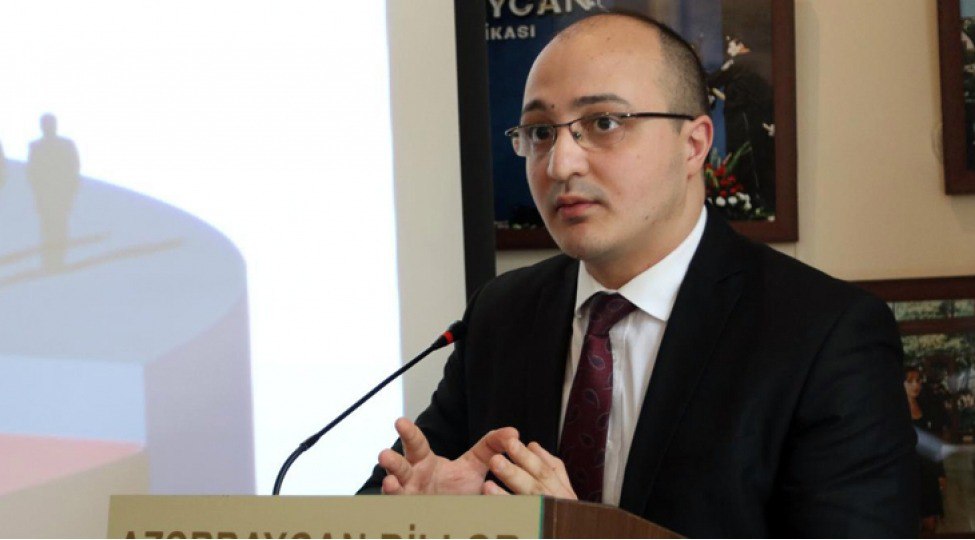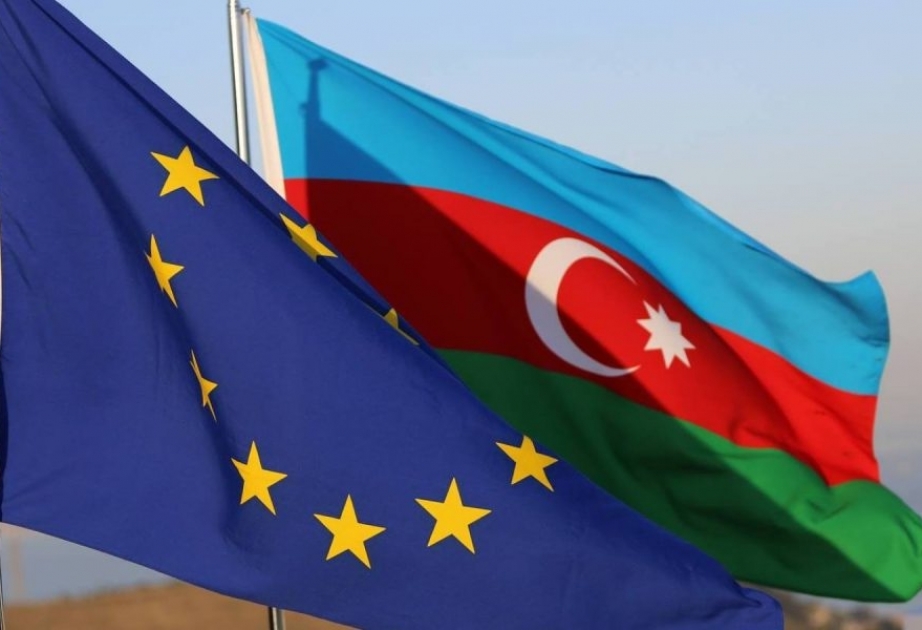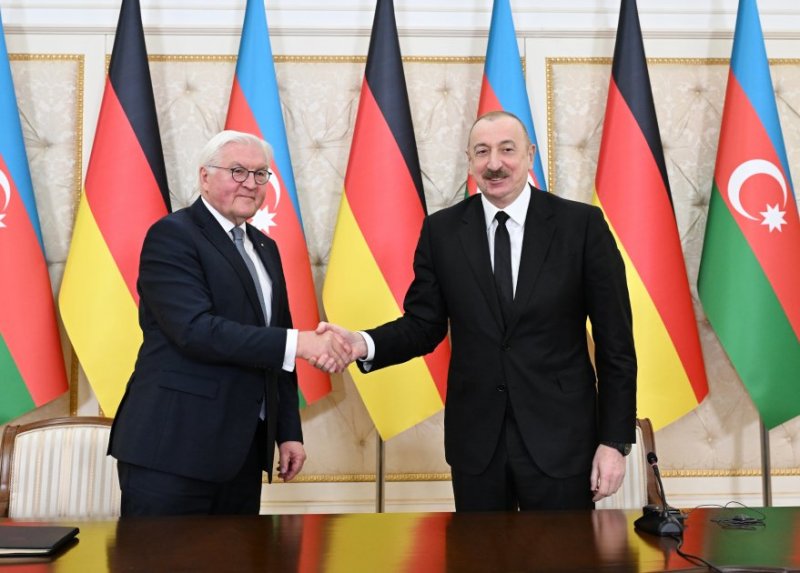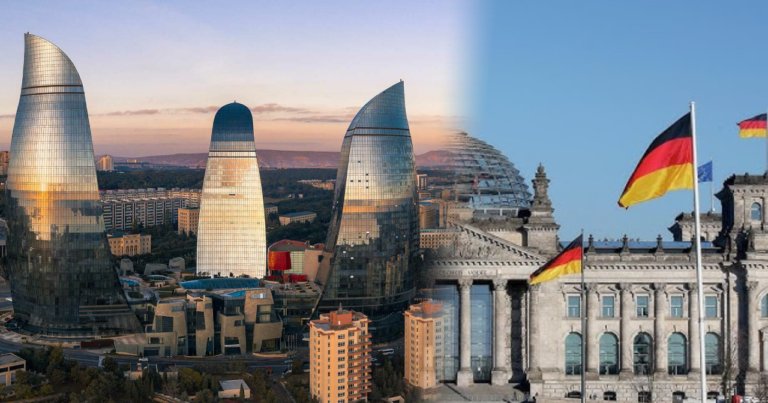The recent visit of German President Frank-Walter Steinmeier to Azerbaijan marked a significant milestone in Germany-Azerbaijan relations and the broader Armenia-Azerbaijan peace process. This visit carried important implications for diplomatic, economic, and geopolitical cooperation between the two countries, as well as for efforts to advance peace in the South Caucasus, particularly in the aftermath of the 2020 Karabakh war.
Germany and Azerbaijan have long maintained a constructive and cooperative partnership, underpinned by strong economic and political ties. As one of Azerbaijan’s key trading partners within the European Union, Germany has invested heavily in Azerbaijan’s oil and gas sectors, as well as in infrastructure and technology. President Steinmeier’s visit underscored Germany’s growing interest in deepening this partnership—not only in the field of energy, but also in trade, education, and environmental cooperation.

In an interview with News.Az, Advisor to the Academy of Public Administration, Chairman of the Baku Political Scientists Club, and political analyst Zaur Mammadov characterized President Steinmeier’s visit as an opportunity to familiarize himself with the region’s current dynamics.
“The German President’s visit to Azerbaijan, following his trip to Armenia, served as a general familiarization mission,” said Mammadov. “At the same time, it reflects Germany’s increasing geopolitical engagement in Europe, alongside France, in response to the shifting policies of the new U.S. leadership under Trump. The ongoing Russia-Ukraine conflict, developments in the Middle East, and the cooling of U.S.-Europe relations have placed a greater burden on European powers like Germany and France. As one of the EU’s leading states, Germany is now playing a more active role in regional affairs. However, in recent years, we have seen German foreign policy increasingly influenced by France.”
According to Mammadov, German-Azerbaijani relations are developing both on a bilateral level and within the broader EU-Azerbaijan framework, with Steinmeier’s visit helping to strengthen dialogue and enhance mutual understanding.

Source: AzerTAG
“Currently, we are witnessing some notable trends in both political and economic aspects of bilateral ties,” Mammadov noted. “German-Azerbaijani relations must be assessed not only bilaterally, but also through the lens of EU-Azerbaijan cooperation. During his visit, President Steinmeier had the opportunity to get acquainted with the current situation in the country, Azerbaijan’s relationship with Europe and Germany, and developments across the South Caucasus. He also assessed the atmosphere in Baku firsthand and is expected to present an objective account of his visit to the German government and relevant institutions. One of the most important points is that foreign interference in regional matters must be avoided. On the contrary, as the victorious party, Azerbaijan’s proposals related to transportation corridors, energy projects, and other economic initiatives should be brought to the table and agreed upon by all parties involved.”

Photo: AzerTAG
President Steinmeier’s visit also reflected Germany’s recognition of Azerbaijan as a key regional actor in the South Caucasus. Germany has consistently supported Azerbaijan’s sovereignty and territorial integrity, especially in the post-2020 war period.
Mammadov also commented on Azerbaijani President Ilham Aliyev’s key remarks during his meeting with the German leader, particularly with regard to the peace process between Baku and Yerevan.

“When it comes to achieving lasting peace in the region, Azerbaijan has clear expectations,” he said. “President Ilham Aliyev, in the presence of the German President, once again emphasized that Armenia must adopt a new constitution, and that the OSCE Minsk Group has no further role to play and should be dissolved. While Germany and other Western countries support the signing of a peace treaty, they believe the Minsk Group’s status can be discussed at a later stage. The most critical point is that by visiting Baku, the German President and his delegation were able to gain a direct understanding of Azerbaijan’s position. If, due to Armenia’s unconstructive stance, diplomatic and political efforts collapse and the process reverts to a military scenario, or if a peace agreement is not signed by 2025, full responsibility will rest with Armenia. Recognition of a state’s territorial integrity must be confirmed not only rhetorically but also through binding international legal instruments. Azerbaijan’s position is firmly based on this principle,” Mammadov concluded.
